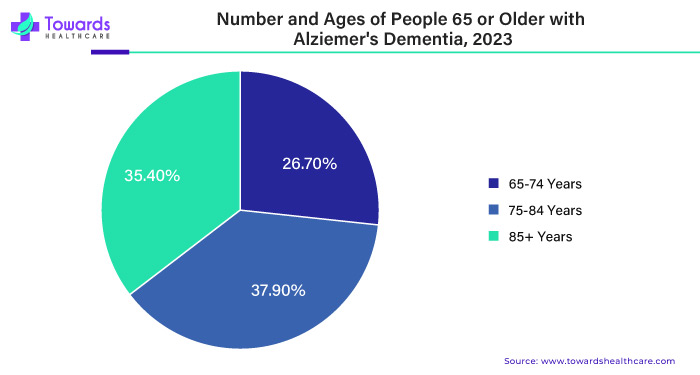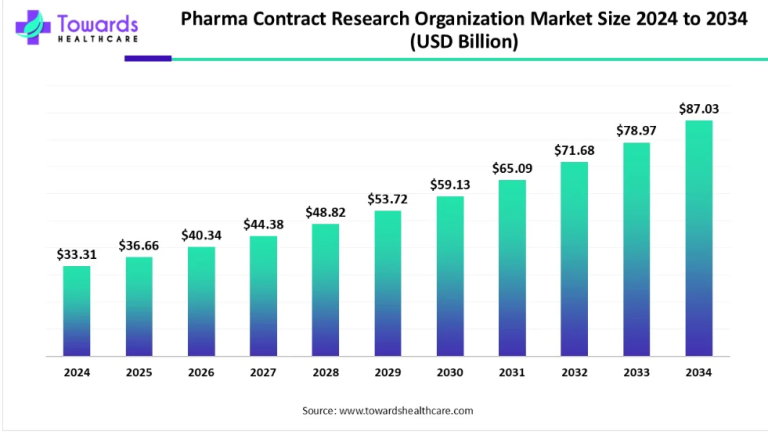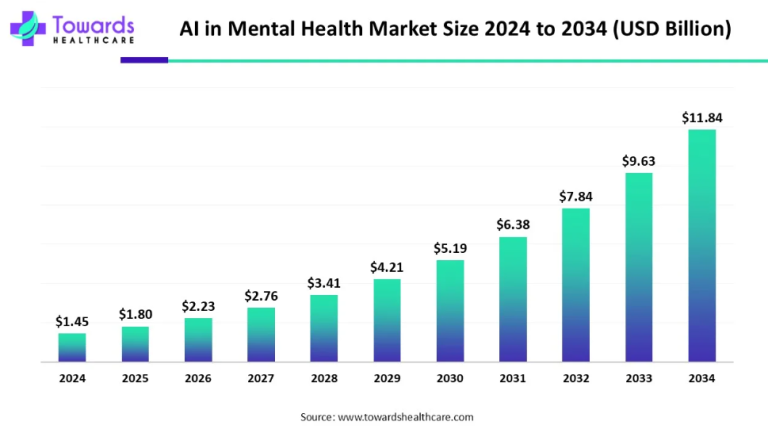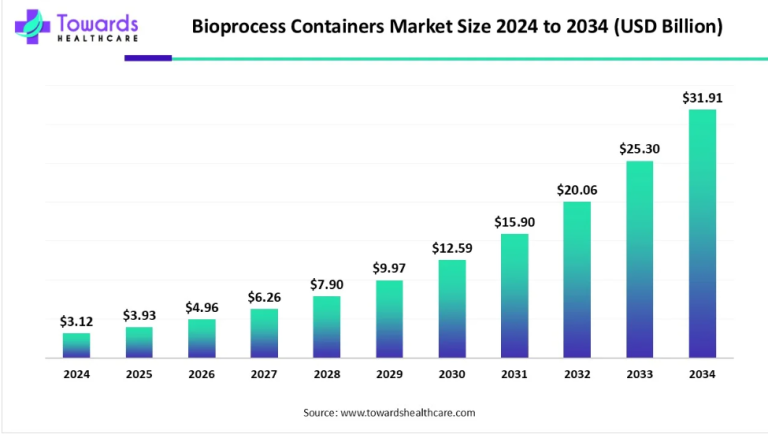
Aging is an inevitable part of life, accompanied by a myriad of changes, including alterations in cognitive function and an increased susceptibility to various health conditions. Among these conditions, Alzheimer’s disease stands out as one of the most prevalent and concerning. This article delves into the intricate relationship between aging and Alzheimer’s disease, shedding light on why advancing age is a significant risk factor for this debilitating condition.
Impact of Aging on Alzheimer’s Risk
As individuals progress through the stages of life, their bodies undergo a series of transformations, both physical and cognitive. Aging, characterized by the gradual decline in physiological functions, profoundly influences brain health and cognition. It is during this natural process that the risk of developing Alzheimer’s disease escalates significantly.
For any queries feel free to reach us @ https://www.towardshealthcare.com/personalized-scope/5130
Prevalence of Alzheimer’s Disease
Statistics paint a stark picture of the prevalence of Alzheimer’s disease among the elderly population. In 2023, approximately 6.7 million Americans aged 65 and above were afflicted with Alzheimer’s, with a substantial portion being 75 years or older. Shockingly, nearly one in nine individuals aged 65 or older (10.7%) grapples with this neurodegenerative disorder. Moreover, the demographic landscape forecasts a concerning trajectory, with the number of affected individuals projected to soar to 12.7 million by 2050, barring the discovery of groundbreaking treatments.
Understanding Alzheimer’s Disease
Alzheimer’s disease, a form of dementia, exacts a profound toll on affected individuals and their families. Manifesting as a progressive decline in memory, thinking, and behavior, Alzheimer’s robs individuals of their cognitive faculties and independence. The insidious nature of this disease underscores the imperative of unraveling its underlying mechanisms and developing effective interventions.
Demographics and Alzheimer’s
Gender disparities further compound the burden of Alzheimer’s disease, with nearly two-thirds of affected individuals in the United States being women. This discrepancy underscores the need for tailored approaches to address the unique challenges faced by different demographic groups. Moreover, an examination of age demographics reveals a disturbing trend, with a disproportionate increase in Alzheimer’s prevalence among older cohorts.
Global Perspective on Alzheimer’s
Alzheimer’s disease transcends geographical boundaries, emerging as a global health crisis. With approximately 55 million people worldwide grappling with dementia, and nearly 10 million new cases reported annually, the magnitude of this challenge cannot be overstated. Alarmingly, Alzheimer’s constitutes the lion’s share of dementia cases, comprising 60-70% of all instances. This global prevalence underscores the urgent need for collaborative efforts to mitigate the burgeoning burden of Alzheimer’s disease.
Research and Therapeutics
In light of the escalating prevalence of Alzheimer’s disease, researchers, healthcare professionals, and pharmaceutical entities are redoubling their efforts to develop novel therapeutics. These endeavors are driven by the shared goal of enhancing the quality of life for individuals affected by Alzheimer’s and mitigating the socioeconomic ramifications of this pervasive disease. By advancing our understanding of the aging process and its implications for cognitive health, researchers aim to pave the way for innovative treatments that afford hope to millions worldwide.
The nexus between aging and Alzheimer’s disease underscores the critical importance of prioritizing research, advocacy, and support initiatives. As the global population ages, the prevalence of Alzheimer’s is poised to escalate, necessitating a concerted effort to confront this burgeoning public health crisis. By elucidating the mechanisms underpinning Alzheimer’s pathology and developing targeted interventions, we can empower older adults to age gracefully and preserve their cognitive vitality.
Unlock Infinite Advantages: Subscribe to Annual Membership
To own our full research study instantly, Click here@ https://www.towardshealthcare.com/price/5130
To read more about Alzheimer’s Therapeutics Market:



